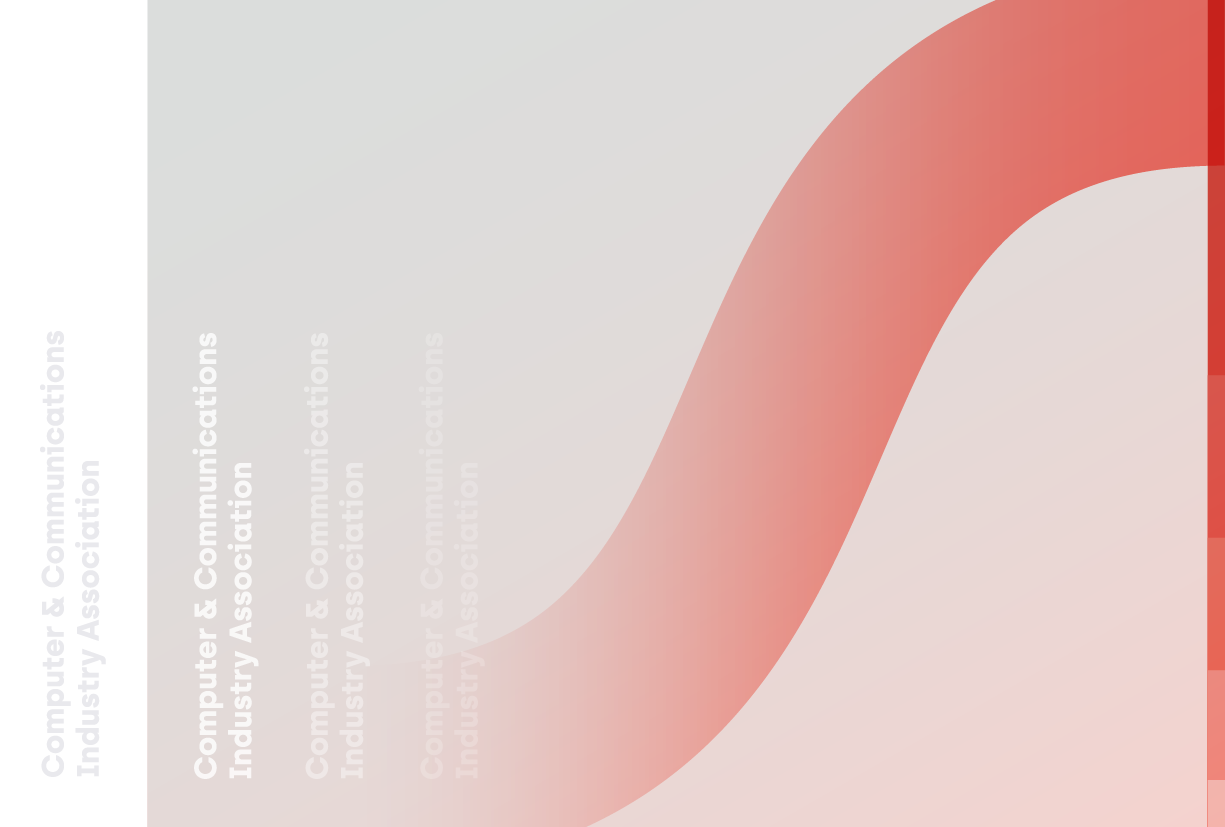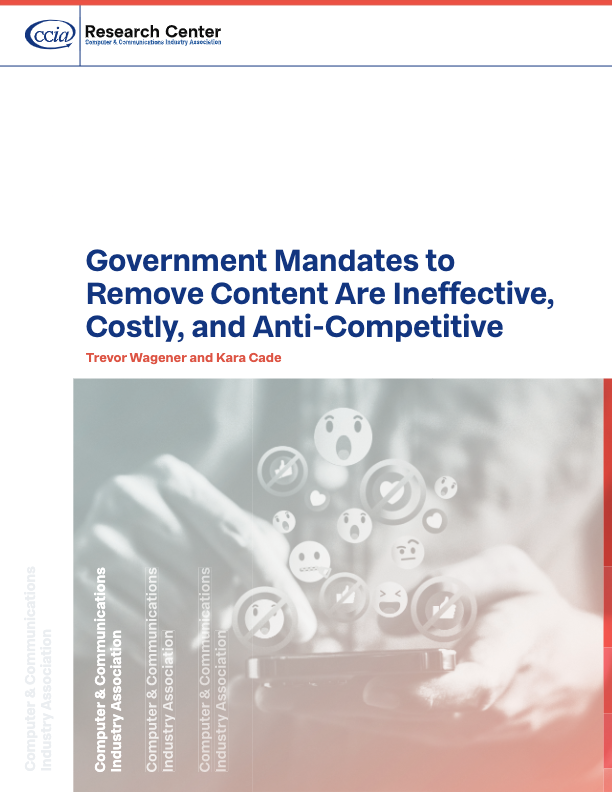
Bundled Benefits of Retail Memberships in Mexico
April 23, 2024The study evaluates retail membership bundles at Mexico’s leading four Big Box stores: Walmart Pass, Sam’s Club, Costco, and H-E-B Prime in Mexico, finding not only that bundling generates a Me...

The Cost of Various Antitrust and DMA-Related Litigation to State and Local Pension Plans – State by State Aggregates
April 10, 2024Various antitrust and DMA-related litigation against the five leading technology firms, Google, Amazon, Meta, Microsoft, and Apple (GAMMA), would increase operating costs for targeted GAMMA firms, ...

Reliable vs. Rapid: Seller Fulfilled Prime Reboot Underscores Evolving Consumer Expectations on Retail Shipping
February 28, 2024
Executive Summary
The history of Amazon’s Seller Fulfilled Prime (“SFP”) provides strong evidence of the growing importance that consumers place on speed in retail shopping. Launched in 2015 ...

